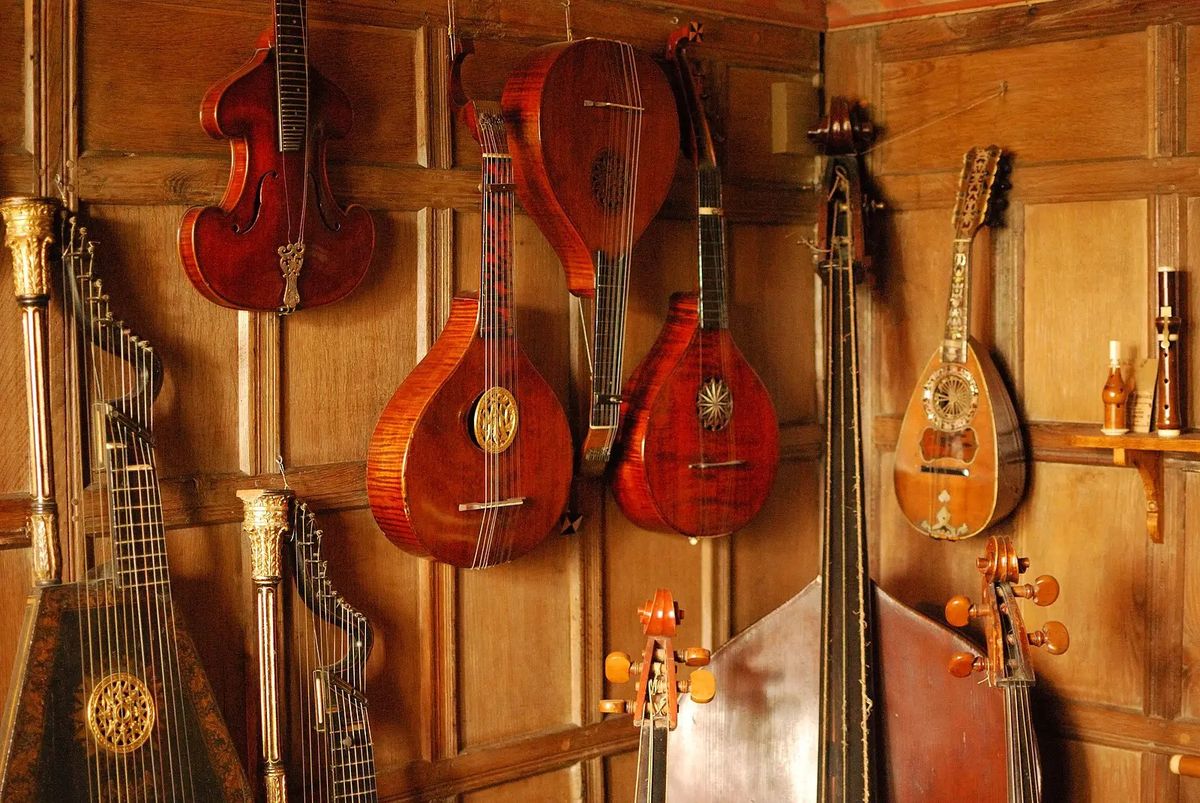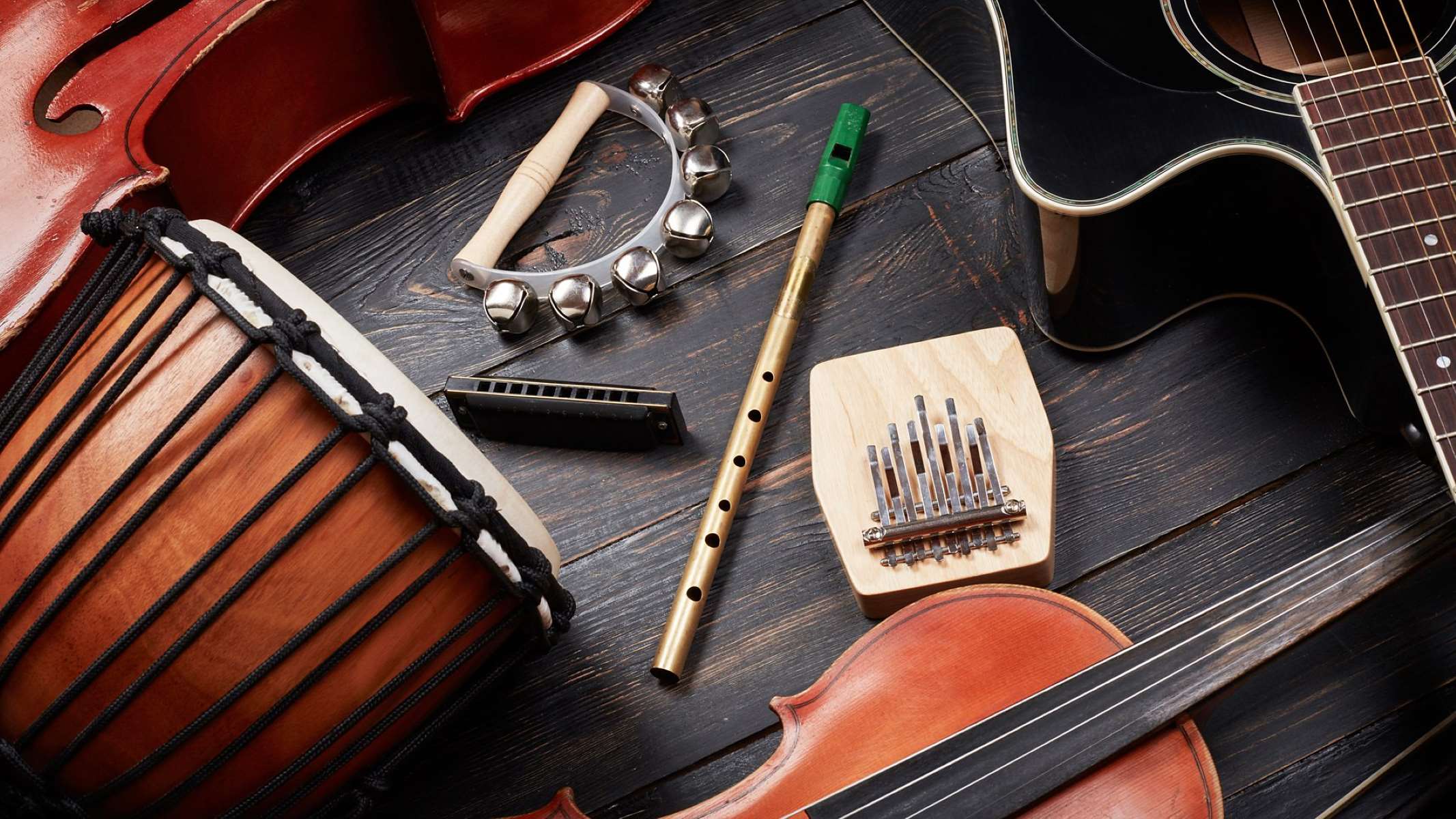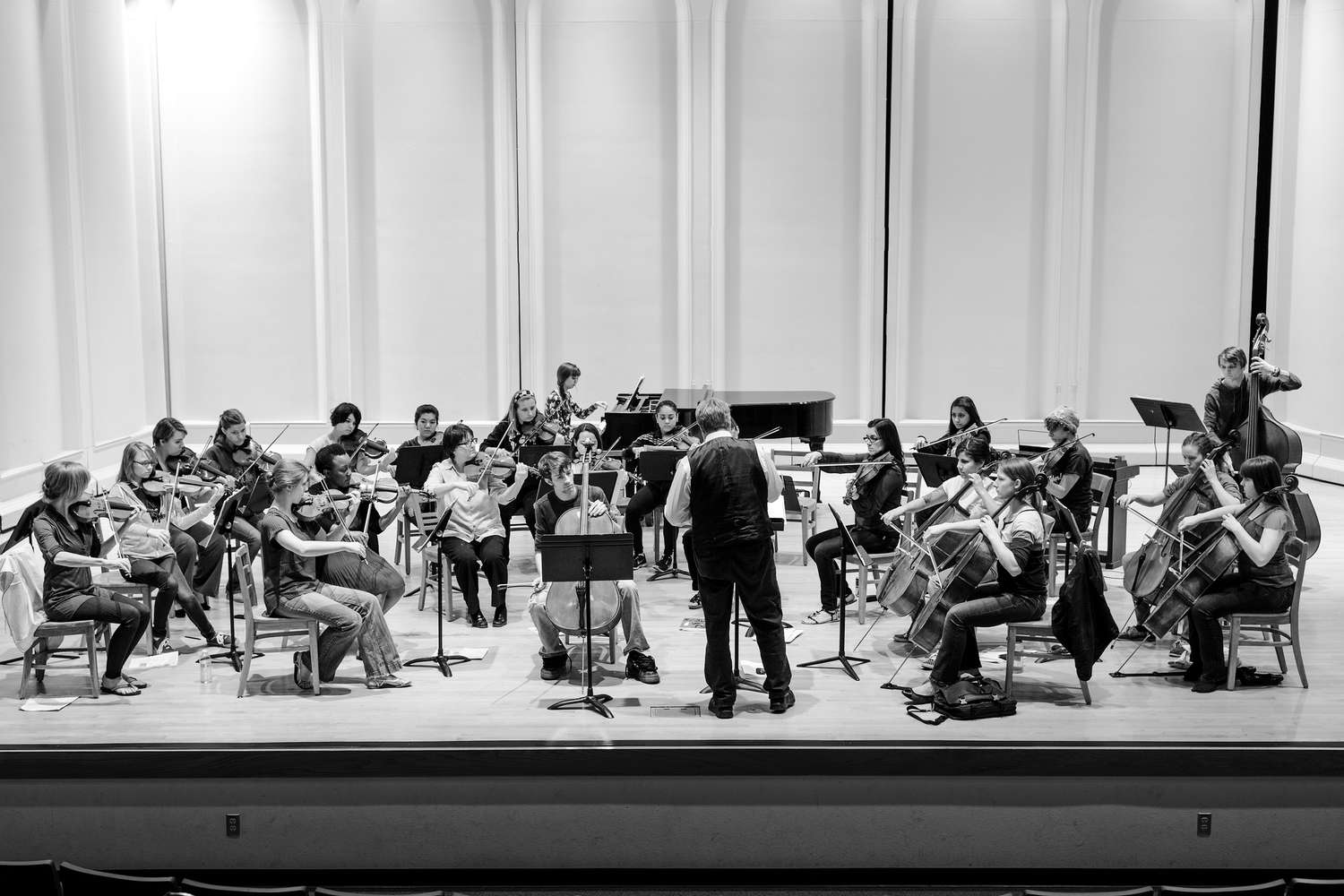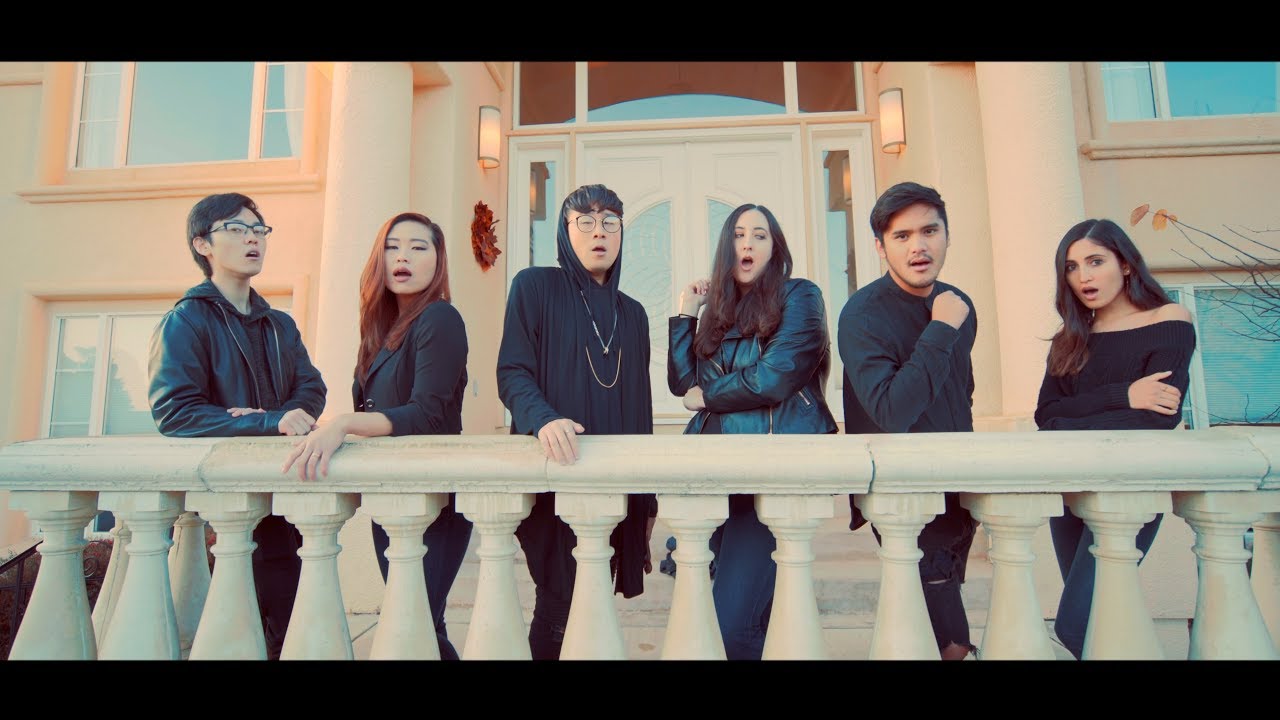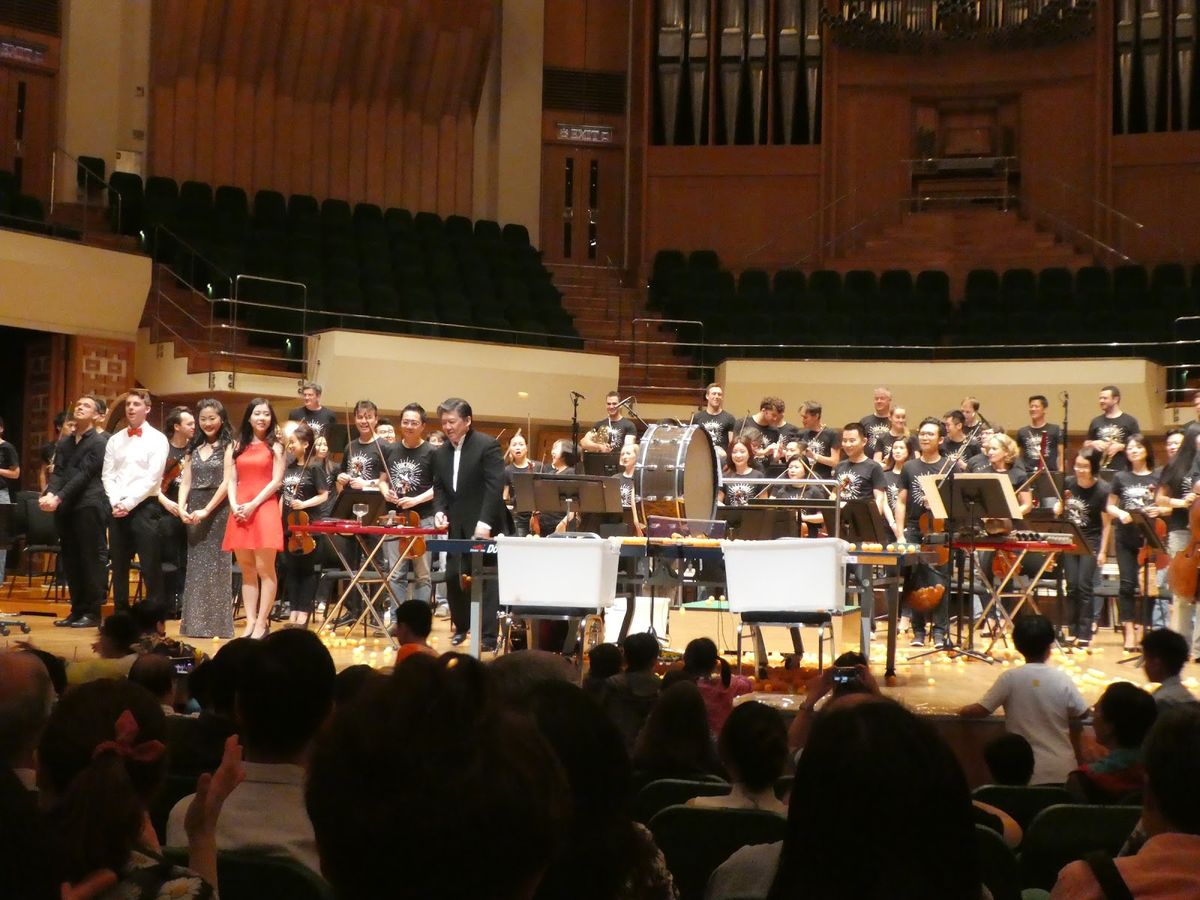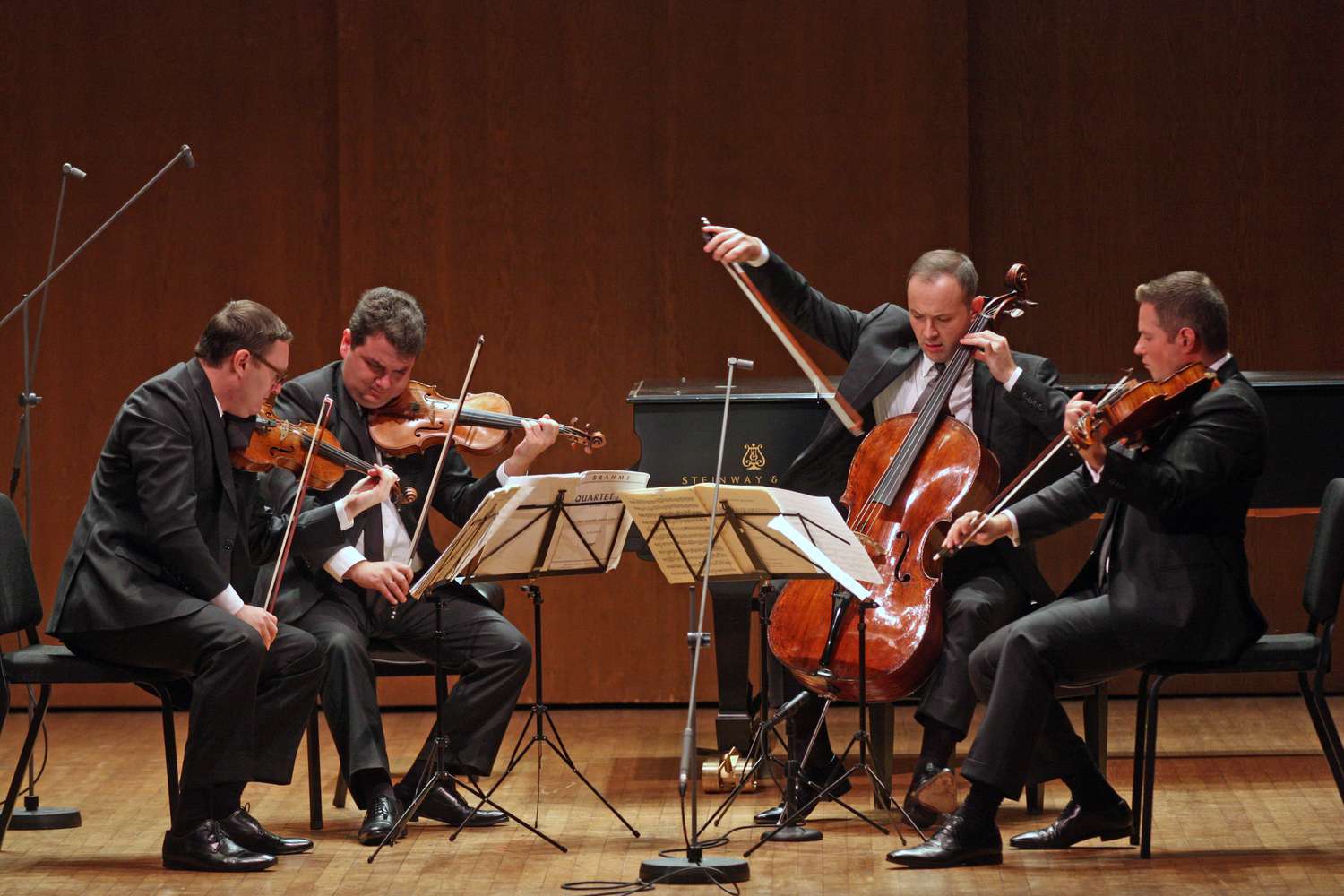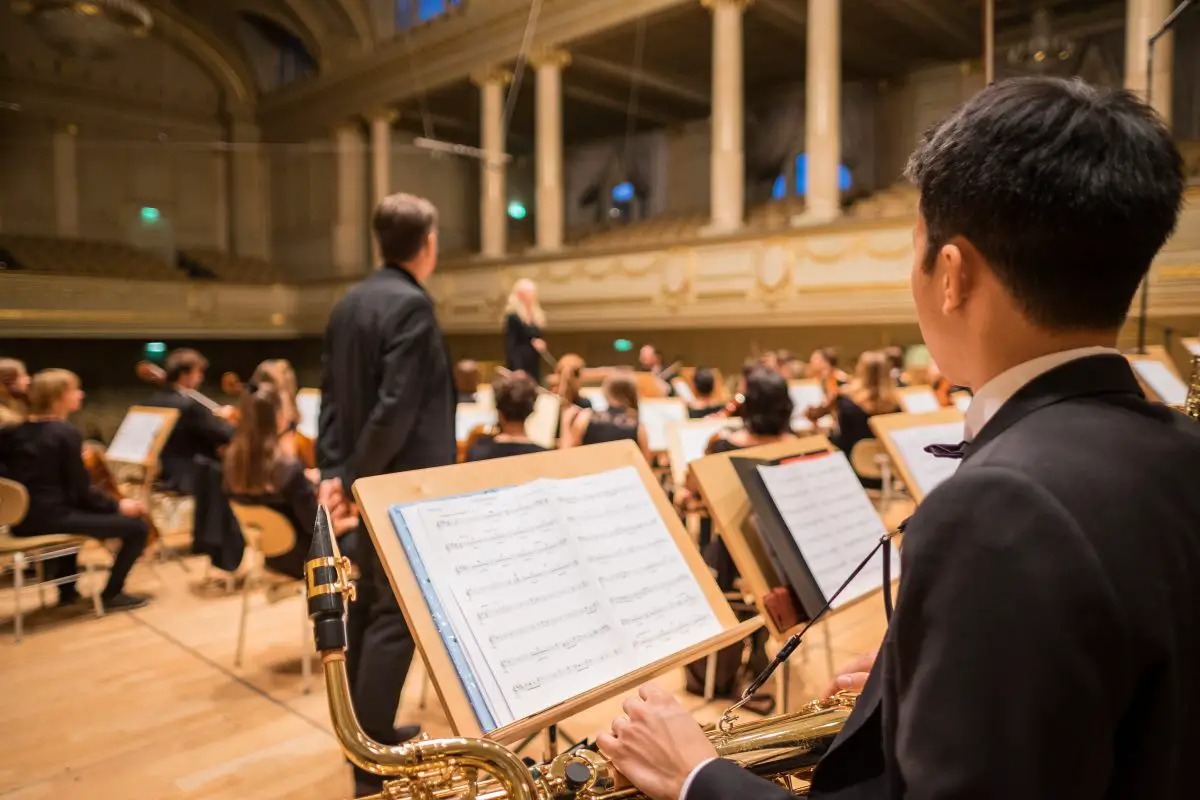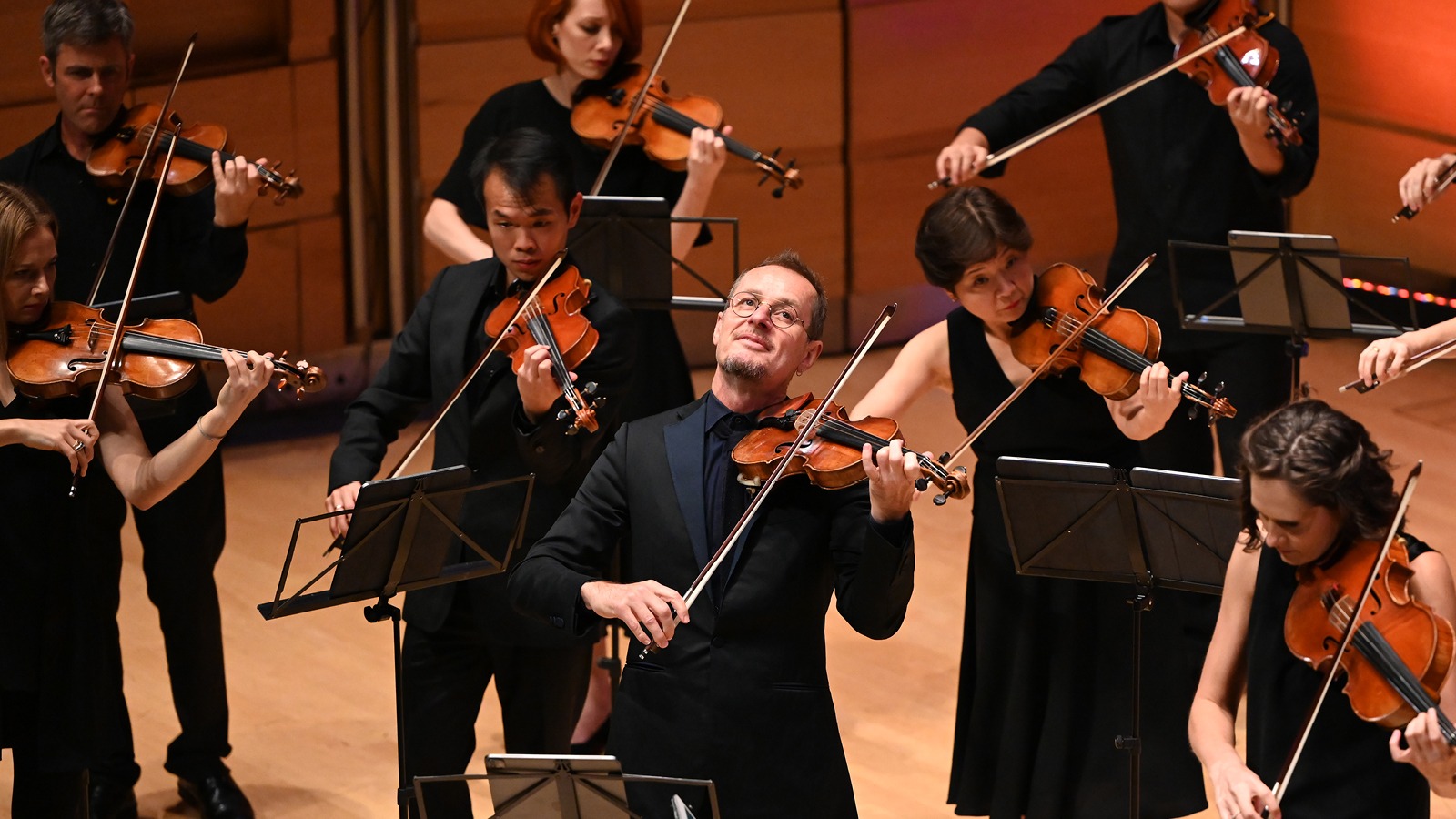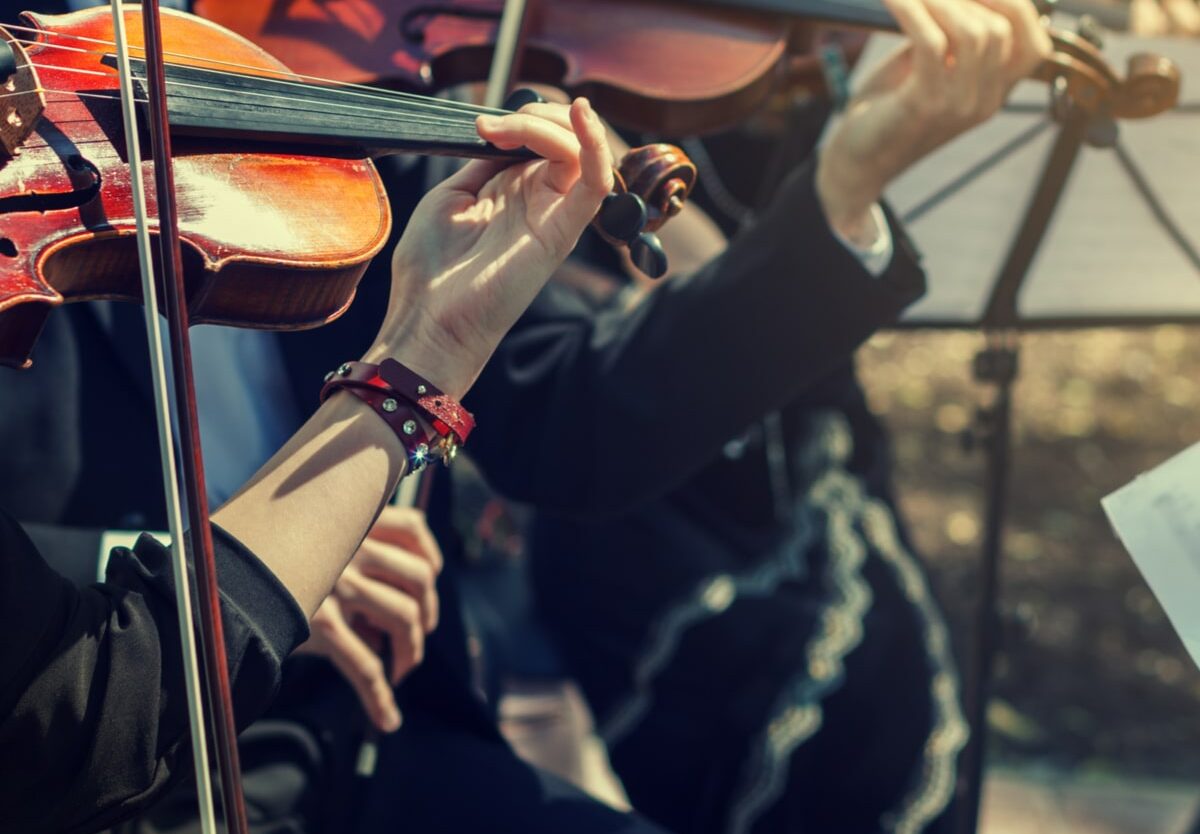

Classical
What Is Classical Songs
Modified: February 24, 2024
Discover the beauty of classical songs and explore the rich history of this timeless genre. Immerse yourself in the elegance and sophistication of classical music.
(Many of the links in this article redirect to a specific reviewed product. Your purchase of these products through affiliate links helps to generate commission for AudioLover.com, at no extra cost. Learn more)
Table of Contents
Introduction
Classical music is a genre that has stood the test of time, captivating audiences for centuries. Its timeless beauty and intricate compositions have earned it a special place in the history of music. From the grand symphonies of Beethoven to the delicate melodies of Mozart, classical songs possess a unique charm that continues to resonate with people today.
Classical music originated in the Western world and is characterized by its complex musical structures, rich harmonies, and instrumental arrangements. It encompasses a wide range of styles, from the Baroque period of the 17th and 18th centuries to the Romantic era of the 19th century. The genre is a testimony to the brilliance and creativity of numerous composers, whose works are revered even today.
One of the defining features of classical music is its focus on instrumental compositions, with a particular emphasis on orchestral arrangements. While vocal pieces are also present, instrumental music takes center stage in this genre. This emphasis allows for a greater level of expression and innovation, as composers have the freedom to explore a vast array of musical possibilities.
Classical songs are known for their attention to detail and meticulous craftsmanship. Each note and rhythm is carefully composed, creating a complex tapestry of sound that engages listeners on both an emotional and intellectual level. The compositions often showcase technical prowess and virtuosity, demonstrating the skill and talent of the performers.
Classical music has had a significant influence on the development of various musical forms and styles. Its impact can be seen in genres such as opera, symphony, chamber music, and concerto. The works of classical composers have also inspired countless musicians in different genres, leading to the fusion of classical elements with modern music.
In the modern era, classical music continues to find a place in the hearts of music enthusiasts. Its enduring appeal lies in its ability to evoke emotions, stimulate the mind, and transport listeners to different worlds. Whether it is the sweeping melodies of a symphony or the delicate strains of a sonata, classical music has a transformative power that transcends time and connects people from all walks of life.
In this article, we will explore the origins and characteristics of classical songs, delve into the contributions of prominent composers, and discuss the various forms and styles present in this genre. We will also examine the influence and impact of classical music and how it is appreciated in the modern era. So, let us embark on a journey through the world of classical music and discover the treasures it holds.
Origins of Classical Music
The origins of classical music can be traced back to the medieval and Renaissance periods, when Western music began to develop a more structured and organized form. During this time, sacred vocal music, such as Gregorian chant, played a prominent role in religious ceremonies and worship.
As the Renaissance gave way to the Baroque period in the 17th century, the foundations of classical music started to take shape. Key composers such as Johann Sebastian Bach and Antonio Vivaldi emerged during this time, contributing to the evolution of musical techniques and forms.
However, it was during the Classical period in the 18th century that classical music truly flourished. This era saw the emergence of renowned composers such as Wolfgang Amadeus Mozart, Joseph Haydn, and Ludwig van Beethoven, who left an indelible mark on the genre.
The Classical period was characterized by a shift in musical style, with a focus on balance, clarity, and symmetry. Composers of this period sought to create music that was elegant and refined, using structured forms such as sonatas, symphonies, and concertos.
Another significant development during this time was the rise of the orchestra. Previously, music had been primarily composed for smaller ensembles or solo performers. However, with the growth of larger concert halls and the increasing number of skilled musicians, orchestras became more prominent, allowing composers to experiment with new soundscapes and textures.
By the 19th century, the Romantic period marked a departure from the strict conventions of the Classical era. Composers such as Franz Schubert, Frederic Chopin, and Richard Wagner embraced more emotional and dramatic expressions in their music. The Romantic period was known for its lyrical melodies, lush harmonies, and sweeping symphonies.
The 20th century saw further innovation and experimentation in classical music. Composers like Igor Stravinsky, Arnold Schoenberg, and Claude Debussy pushed the boundaries of traditional tonality and introduced new techniques and styles. This period gave rise to movements such as impressionism, expressionism, and serialism, adding new dimensions to the classical music repertoire.
Today, classical music continues to evolve and adapt to the changing times. While it may have originated centuries ago, its rich history and enduring legacy make it a cherished art form that continues to inspire and captivate audiences around the world.
Characteristics of Classical Songs
Classical songs are known for their distinctive characteristics, which set them apart from other genres of music. These characteristics contribute to the timeless beauty and emotional depth that classical music embodies.
One key characteristic of classical songs is their emphasis on form and structure. Classical compositions are often meticulously organized, following specific musical patterns and arrangements. This structured approach allows for the development and exploration of musical ideas, creating a cohesive and well-balanced piece.
Another hallmark of classical music is its attention to melody. Classical melodies are often memorable and melodic, filled with graceful and soaring phrases. These melodies serve as the foundation of the composition, providing a sense of beauty and unity throughout the piece.
Harmony is also a vital element in classical songs. Complex harmonies and rich chord progressions create depth and complexity within the music. The interplay between different musical voices and the exploration of various harmonic possibilities add layers of emotional expression.
Rhythm plays a significant role in classical music as well. While classical music can contain intricate rhythms, it also often features a sense of regularity and stability. This rhythmic stability provides a solid foundation for the melodies and harmonies to shine.
Dynamics, or the variation in volume, is also employed to great effect in classical songs. From soft and delicate passages to powerful and dramatic crescendos, the dynamic range in classical music adds intensity and emotion to the compositions.
Classical music is also characterized by its use of instruments and orchestral arrangements. While vocal pieces exist in the classical repertoire, instrumental music takes center stage in this genre. The orchestral arrangements allow for a wide range of timbres and textures, creating a rich and diverse sonic palette.
Additionally, classical songs often exhibit a sense of balance and symmetry. Sections of music are often organized in a way that creates a satisfying and aesthetically pleasing structure. This balance between contrasting elements enhances the overall musical experience.
Finally, classical songs are marked by their ability to evoke a wide range of emotions. With their intricately woven melodies, harmonies, and dynamics, classical compositions can elicit feelings of joy, sorrow, excitement, and contemplation. The emotional depth and complexity of classical music are what make it a truly immersive and captivating art form.
These characteristics collectively make classical songs a unique and timeless genre. They showcase the meticulous craftsmanship and artistic genius of the composers and continue to resonate with audiences of all generations.
Prominent Composers of Classical Music
Classical music boasts a rich lineage of remarkably talented composers who have shaped the genre and left an indelible mark on the history of music. These visionary individuals have crafted timeless compositions that continue to be celebrated and performed to this day.
One such composer is Wolfgang Amadeus Mozart. Born in 1756, Mozart’s prodigious talent was evident from a young age. His vast body of work includes symphonies, concertos, operas, chamber music, and choral compositions. Mozart’s compositions are renowned for their elegance, emotional depth, and technical brilliance, epitomizing the classical style.
Another notable figure is Ludwig van Beethoven. Considered one of the greatest composers of all time, Beethoven’s music is characterized by its dramatic intensity and raw emotion. His symphonies, piano sonatas, and string quartets are revered for their complexity, innovation, and profound expression. Beethoven’s music marked a transition from the Classical to the Romantic era.
Joseph Haydn, often referred to as the “Father of the Symphony,” played a pivotal role in the development of classical music. His prolific output includes over a hundred symphonies, numerous string quartets, and chamber music works. Haydn’s compositions are known for their wit, charm, and formal elegance, showcasing his mastery of the classical forms.
Franz Schubert, a composer of the Romantic era, is renowned for his beautiful art songs, known as Lieder. His compositions are deeply expressive and introspective, exploring themes of love, nature, and human emotions. Schubert’s ability to capture the essence of emotions in his music makes him a beloved figure in the classical repertoire.
Johann Sebastian Bach, although considered a composer of the Baroque era, had a significant influence on the development of classical music. His intricate counterpoint and complex polyphonic compositions showcased his mastery of composition. Bach’s works, such as the Brandenburg Concertos and Well-Tempered Clavier, continue to be revered for their technical brilliance and spiritual depth.
Other notable composers of classical music include Frederic Chopin, who revolutionized piano music with his poetic and expressive compositions; Pyotr Ilyich Tchaikovsky, renowned for his emotionally charged symphonies and ballets; and Antonio Vivaldi, whose iconic work “The Four Seasons” showcases his mastery of programmatic music.
These composers, among many others, have left an enduring legacy in the world of classical music. Their compositions continue to be performed and appreciated, inspiring musicians and audiences alike. Their contributions have shaped the very essence of classical music and have made an irreplaceable impact on the history of music as a whole.
Different Forms and Styles in Classical Music
Classical music encompasses a wide range of forms and styles, each with its own unique characteristics and structure. These forms and styles have evolved over centuries, reflecting the changing musical tastes and innovations of their respective eras. Here, we explore some of the key forms and styles in classical music.
One prominent form is the Symphony. Symphonies are large-scale compositions for orchestra that typically consist of four movements. Each movement follows a specific structure, such as Sonata-Allegro form, and explores different musical ideas and emotions. Symphony composers like Beethoven, Mozart, and Haydn have crafted monumental works that showcase the full potential of the orchestra.
Concertos are another significant form in classical music. They feature a solo instrument, such as piano, violin, or cello, accompanied by an orchestra. Concertos offer a platform for virtuosic display, highlighting the technical skills of both the soloist and the orchestra. Composers like Mozart, Beethoven, and Rachmaninoff have composed iconic concertos that continue to be celebrated for their brilliance.
Sonatas, which originated in the Baroque period and evolved in the Classical era, are compositions for solo instruments or small ensembles. Typically comprised of multiple movements, sonatas explore various musical ideas and moods. Piano sonatas, in particular, have been a popular form, with composers such as Beethoven, Mozart, and Chopin producing extraordinary works in this genre.
Chamber music, including string quartets and piano trios, involves small groups of instruments playing together. It offers an intimate and conversational musical experience with intricate interactions among the musicians. Composers like Haydn, Mozart, and Schubert contributed significantly to the chamber music repertoire with their ingenious compositions.
Opera is a dramatic and theatrical form in classical music. It combines acting, singing, and orchestral music to tell stories on stage. Operas are known for their elaborate sets, costumes, and emotionally charged performances. Composers like Mozart, Verdi, and Wagner created masterpieces that continue to be performed in opera houses around the world.
The Baroque period introduced the concept of the Suite, a collection of dances performed in a specific order. The suite typically includes dances such as the Allemande, Courante, Sarabande, and Gigue. Each dance has its own tempo, rhythmic patterns, and character, offering a delightful journey through various musical styles and moods.
Musical forms like the Fugue and Theme and Variations are also significant in classical music. The fugue is a complex contrapuntal composition based on a recurring theme, while theme and variations take a simple melody and explore it through various transformations and embellishments. Such forms were popular during the Baroque and Classical periods.
Lastly, modern classical music includes various experimental and avant-garde styles, such as minimalism and aleatory music. These styles challenge traditional conventions and often explore unconventional techniques, textures, and timbres, pushing the boundaries of classical music into new territories.
These different forms and styles in classical music reflect the diverse and ever-evolving nature of the genre. Each form offers its own distinct musical language and allows composers to express their creativity in unique ways, making classical music a rich and endlessly fascinating art form.
Influence and Impact of Classical Songs
Classical songs have had a profound influence on the development of music as a whole and have left an indelible impact on various genres and musical styles. Their timeless beauty, innovative compositions, and emotional depth have continued to resonate with musicians and audiences through the ages.
One significant way classical songs have influenced music is through their impact on other classical composers. Many composers have studied and drawn inspiration from the works of their predecessors. They have been influenced by their compositional techniques, harmonic language, and structural innovations, which have served as a foundation for their own musical creations.
Classical music has also influenced other genres, such as film scores. The grandeur and dramatic intensity of orchestral compositions in classical music have provided a blueprint for creating powerful soundtracks that evoke emotion and enhance storytelling. Film composers often draw inspiration from classical music’s use of dynamics, melodic motifs, and symphonic structures to elevate their soundtracks.
Popular music has also been deeply influenced by classical songs. Elements of classical music can be found in various genres, including rock, pop, and jazz. Examples include songs that incorporate symphonic arrangements, classical chord progressions, and even direct sampling of classical pieces. This fusion of classical elements with contemporary styles has introduced classical music to new audiences and given it a fresh and modern twist.
Classical songs have also shaped the evolution of musical instruments. Composers have pushed the boundaries of what instruments can achieve, demanding technical advancements and new playing techniques. For example, the development of the piano was heavily influenced by classical composers such as Mozart and Beethoven, who sought to exploit its expressive capabilities.
Furthermore, classical songs have been instrumental in shaping musical education and training. The study of classical music provides a foundation in music theory, ear training, and performance techniques. Whether aspiring musicians pursue a classical career or venture into other genres, classical music forms the basis of their musical education and fosters a deep appreciation for the craft of composition.
The influence of classical songs extends beyond the music itself. Classical music has provided inspiration for visual arts, literature, and even architecture. Its grandeur and elegance have influenced artists to capture the beauty and emotions of classical compositions through their respective art forms.
Moreover, classical songs have the power to uplift and inspire listeners. The richness and complexity of classical compositions invite listeners on a journey of contemplation and introspection. Classical music has the ability to evoke a wide range of emotions and can provide solace, joy, relaxation, or intellectual stimulation depending on the listener’s interpretation.
Overall, classical songs have had a far-reaching influence and have left an enduring impact on the world of music. From other classical composers to film scores, popular music, and beyond, their legacy continues to shape the musical landscape and captivate audiences around the globe.
Appreciating Classical Music in the Modern Era
Classical music may have its roots in the distant past, but its beauty and relevance continue to captivate audiences in the modern era. Despite the ever-changing musical landscape, there are numerous ways in which people can appreciate and engage with classical music today.
One avenue for appreciating classical music is through live performances. Attending concerts by renowned orchestras, chamber ensembles, and soloists allows listeners to experience the power and brilliance of classical music firsthand. The electrifying atmosphere of a live performance, coupled with the virtuosity of the musicians and the acoustics of the venue, creates a transformative experience.
Another way to appreciate classical music is through recordings. The availability of high-quality recordings, both in physical and digital formats, allows for easy access to a vast repertoire of classical compositions. Listeners can explore different interpretations by various artists and conductors, gaining a deeper understanding of the music and its nuances.
Radio and streaming platforms dedicated to classical music have also expanded the reach of this genre. These platforms curate playlists, host live broadcasts, and provide educational programming, making classical music more accessible and inviting for listeners of all backgrounds.
Music education plays a crucial role in fostering appreciation for classical music. Schools and music institutions offer programs that teach the fundamentals of classical music, exposing students to various composers, musical forms, and historical periods. Learning to play an instrument or participating in a choir or orchestra can cultivate a deeper understanding and connection with classical music.
Technology has also played a significant role in promoting classical music appreciation. Online platforms and social media allow musicians and music lovers to connect and share their passion through performances, discussions, and educational content. Virtual concerts and live streams provide opportunities for audiences around the world to engage with classical music, regardless of geographical constraints.
One can also find appreciation for classical music by exploring interdisciplinary connections. Classical compositions have inspired artists across different mediums, such as visual arts, literature, and dance. Exploring these connections can enhance the understanding and emotional experience of classical music, providing a more holistic appreciation of its cultural significance.
Lastly, personal interpretation and discovery are essential in appreciating classical music. Each listener brings their own perspective and emotions to the music, allowing for a subjective and intimate experience. Taking the time to listen attentively, immersing oneself in the intricacies of the compositions, and allowing the music to evoke emotions can lead to a profound connection with classical music.
Appreciating classical music in the modern era is about embracing its timelessness while also celebrating its relevance in contemporary society. By attending live performances, exploring recordings, engaging with educational resources, and incorporating technology, individuals have numerous avenues to connect with classical music and delve into its profound beauty and depth.
Conclusion
Classical music, with its rich history and timeless beauty, continues to hold a special place in the world of music. Its influence and impact are far-reaching, shaping the development of various genres and leaving an indelible mark on the cultural landscape.
From its origins in the medieval and Renaissance periods to its evolution through the Baroque, Classical, and Romantic eras, classical music has demonstrated its ability to transcend time and touch the hearts and minds of listeners across generations.
The intricate compositions, meticulous craftsmanship, and emotional depth of classical songs have inspired countless musicians and composers, leading to the creation of remarkable works that continue to be celebrated today. From the mesmerizing symphonies of Mozart and Beethoven to the intricate counterpoint of Bach, each composer has contributed to the rich tapestry of classical music.
Classical music has also influenced other genres, such as film scores, popular music, and even visual arts, leaving an indelible legacy in its wake. Its impact on music education and instrument development cannot be overstated, as it forms the foundation for aspiring musicians and pushes the boundaries of what is possible with various instruments.
In the modern era, there are numerous ways to appreciate classical music, whether it is through live performances, recordings, educational programs, or technology-driven platforms. The availability of resources and the ability to connect with like-minded individuals have made classical music more accessible to people from all walks of life.
Appreciating classical music requires active and attentive listening, allowing oneself to be immersed in the intricacies of the compositions and discovering personal connections with the music. Through intentional engagement and exploration, classical music has the power to evoke a range of emotions, inspire creativity, and provide a sense of profound beauty and introspection.
As we navigate the ever-changing musical landscape, classical songs serve as a timeless reminder of the human capacity for artistic expression and the enduring power of music to transcend time and culture.
In conclusion, classical music continues to be a treasured art form that has impacted and influenced the world of music on multiple levels. Its rich history, emotional depth, and technical brilliance make it a genre that will continue to captivate audiences and inspire generations to come.

